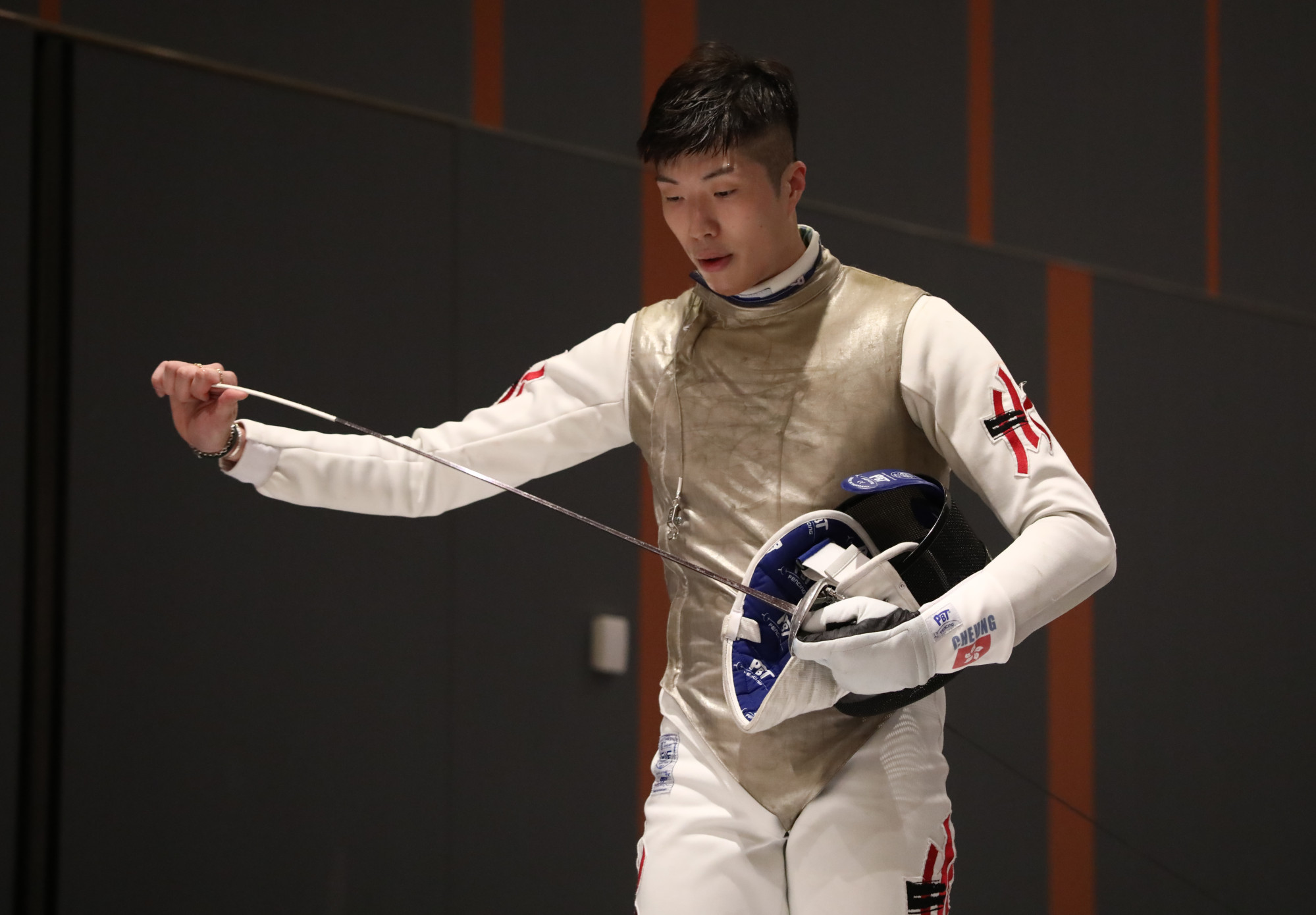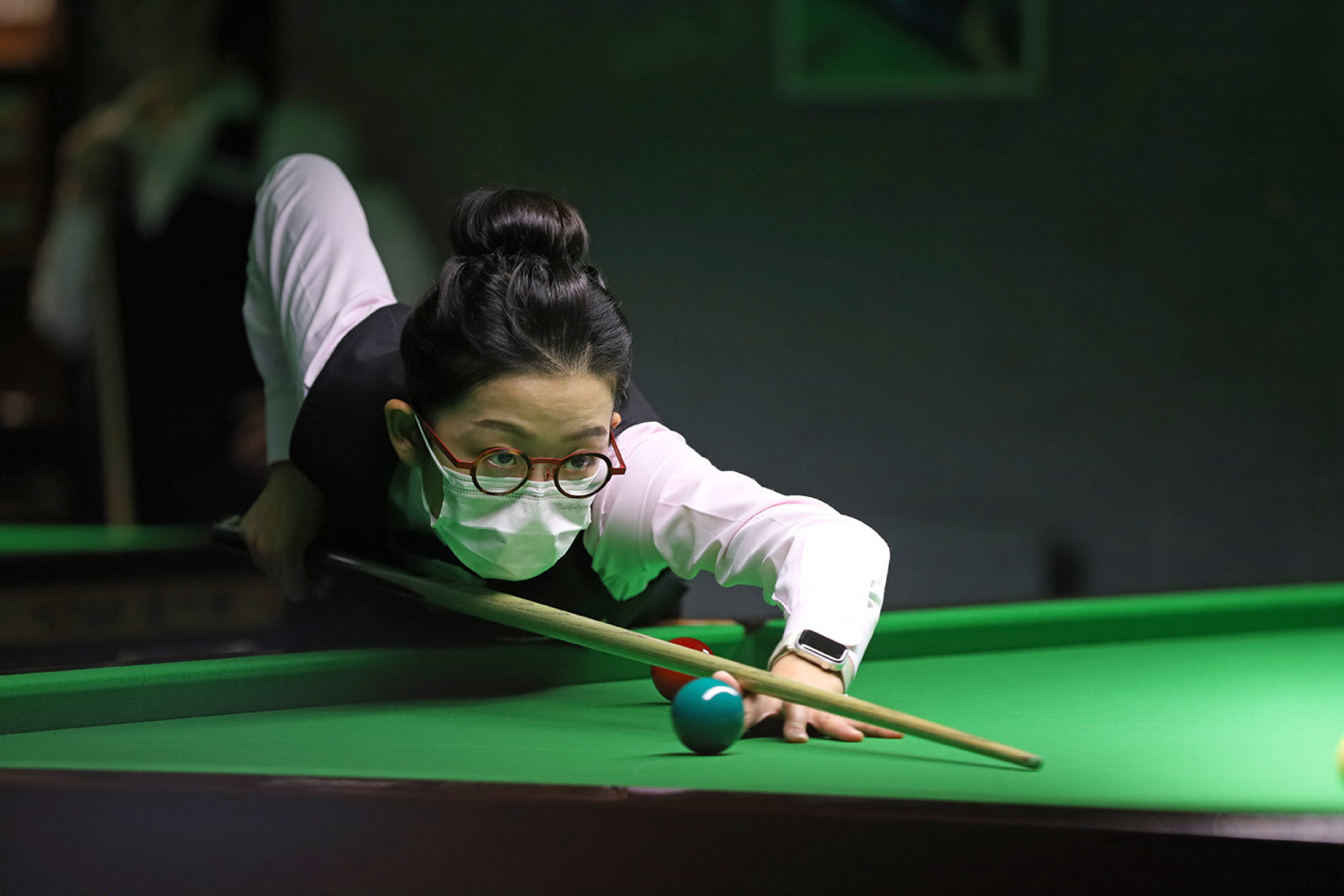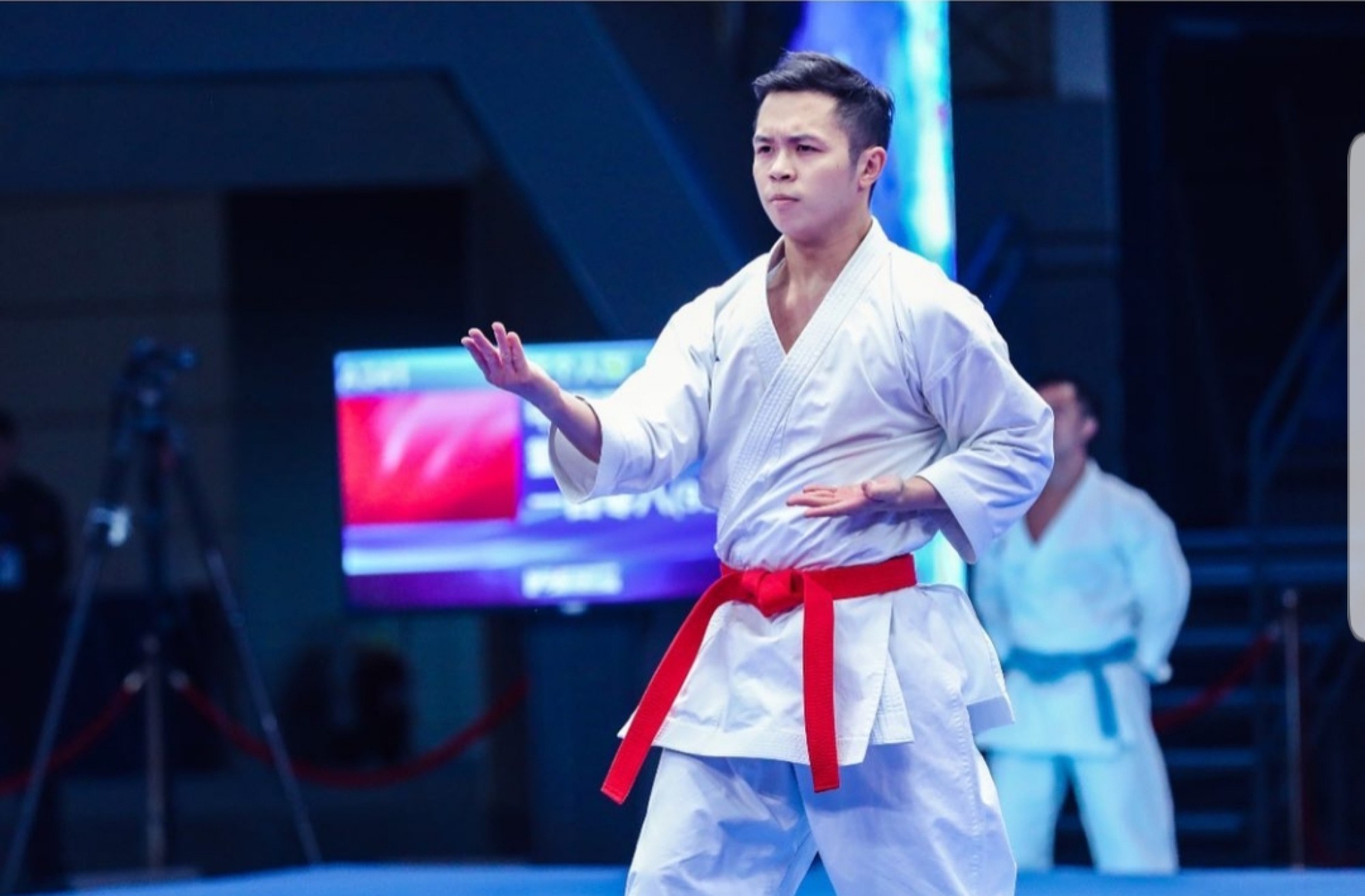
Hong Kong athletes allowed to travel overseas for training and competition amid Omicron spread, Sports Institute says
- The elite training centre will factor in the pandemic situation in a specific country and organisers’ safety measures before giving the green light
- Snooker player Ng On-yee may be prevented from returning to England because of the rising number of new cases in the United Kingdom
The Hong Kong Sports Institute said it would not stop their athletes travelling overseas for training and competition despite the global resurgence of Covid-19 cases caused by the highly infectious Omicron variant.
Last week, seven Hong Kong karate athletes, including National Games bronze medal winner Lau Chi-ming, tested positive for the coronavirus after returning from the Asian Championships in Almaty, Kazakhstan. Five tested positive on arrival and two were found to be infected days later.
A number of fencers and snooker’s three-time women’s world champion Ng On-yee are due to fly out of Hong Kong in January. Raymond So Chi-hung, director of elite training science & technology at the Institute, said they had to balance athletes’ need for competition and the danger brought by the Covid-19 pandemic.
“It would be easy for us to keep all the athletes at the Fo Tan complex under a closed camp environment for the sake of safety control,” So said. “But with the Asian Games and other major events up and coming, we can’t do that as athletes need competition as part of their preparations or they can’t get the desired results.
“We have a set of standards for consideration when reviewing our athletes’ participation in overseas events. This includes the health control measures provided by the organisers, whether there is a safety bubble set up for the event, the number of cases found in the hosting country but all these are for reference only as the pandemic situation keeps changing.
“We will have to treat it event by event but most of all, athletes’ safety is always of our paramount concern.”

The men’s fencing foil team, headed by Olympic gold medallist Cheung Ka-long, are in a training camp in Paris where they are expected to compete in their first World Cup series of the season in two weeks’ time.
Vivian Kong Man-wai’s women’s epee team are also due to leave for next month’s Grand Prix in Doha before basing themselves in Barcelona for training and competition as the season begins.
The World Cup series for Hong Kong’s sabre team is expected to kick off in Tbilisi, Georgia in mid-January.

Ng, who arrived from England on December 11, is planning to return in mid-January for a number of tournaments but So said it was unlikely she would be allowed to travel because of the dire Covid-19 situation in the United Kingdom.
The number of people testing positive in the UK on December 30 was close to 190,000 and most direct flights from Hong Kong to the country have stopped. Early in 2021, Ng received a two-year card to play on the pro tour.
“She was the only player who wore a face mask when competing in these tournaments,” So said. “If we allow an athlete to compete overseas, we also provide a set of personal hygiene rules for the athlete to follow. These include wearing a face mask whenever possible, never eating together with other people, staying in the hotel when there is no competition, washing your hands regularly.

“We also assign one staff member as the ‘health control officer’ for the team, to check that other members have followed the rules.”
However, despite the precautions, the coronavirus still managed to infect the seven karate athletes.
“Sometimes, the organisers provide a comprehensive set of safety rules but they are not fully implemented,” he said. “Also, karate athletes have to take off their face masks when competing and this is one of the ways they may get infected. But the Hong Kong team was not the worst compared to others, possibly because our delegation members followed our own personal hygiene rules.”
It was reported Thailand had 17 cases during the Almaty tournament while Taiwan recorded 13 and Japan 11.

